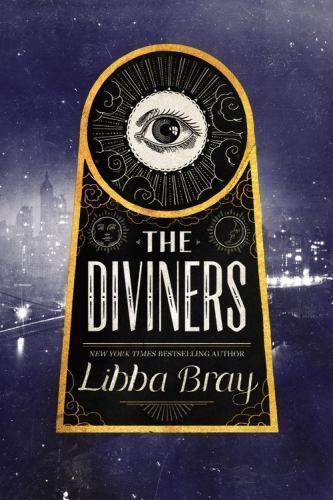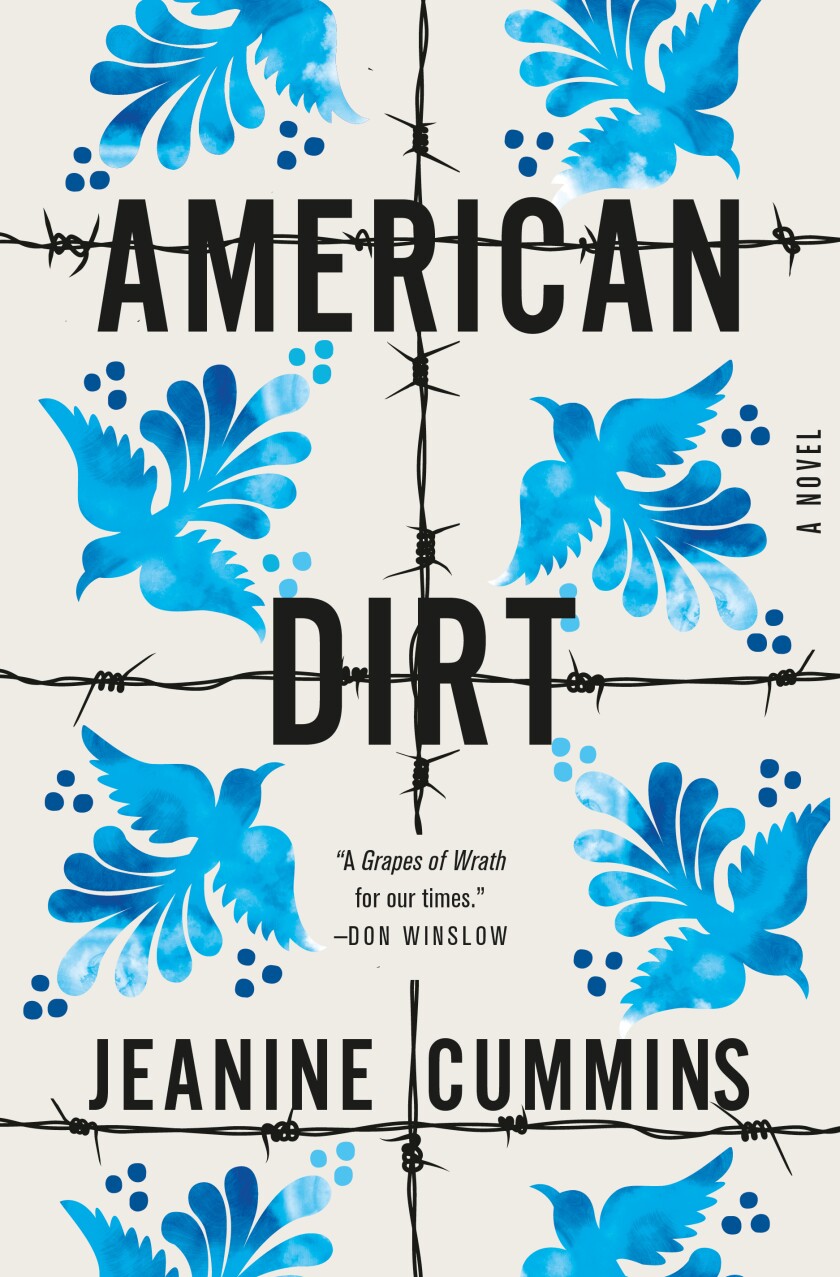 Yes, it’s the ’20s again! Except unlike the last round of years ending in 20-something, there’s not much “roaring” about our decade so far (I like to joke that it’s more like we’re starting this decade in 1929—dancing on the edge of economic collapse). I’m not usually a fan of head-in-the-sand coping tactics, but I’d be lying if I said I’m not enjoying everyone’s determination to recreate—albeit quite sadly—the golden lustre of 100 years ago. How many 1920s-themed New Years parties did you hear about, or possibly attend? Like that one meme says, “My inner Jay Gatsby is about to pop off. Might fuck around and throw parties for an unrequited love. Might die in a pool. Who knows. It’s the 20s, bby.” The cult of Gatsby is alive and well, and we are determined to have a good time (let’s just ignore the actual themes of the book for the time being). A century later and we’re still seduced by the glamour of flappers and jazz and illicit rumrunners.
Yes, it’s the ’20s again! Except unlike the last round of years ending in 20-something, there’s not much “roaring” about our decade so far (I like to joke that it’s more like we’re starting this decade in 1929—dancing on the edge of economic collapse). I’m not usually a fan of head-in-the-sand coping tactics, but I’d be lying if I said I’m not enjoying everyone’s determination to recreate—albeit quite sadly—the golden lustre of 100 years ago. How many 1920s-themed New Years parties did you hear about, or possibly attend? Like that one meme says, “My inner Jay Gatsby is about to pop off. Might fuck around and throw parties for an unrequited love. Might die in a pool. Who knows. It’s the 20s, bby.” The cult of Gatsby is alive and well, and we are determined to have a good time (let’s just ignore the actual themes of the book for the time being). A century later and we’re still seduced by the glamour of flappers and jazz and illicit rumrunners.
If you’re a fan of that Great Gatsby vibe, let me call your attention to a criminally underrated book series, whose final installment The King of Crows hit shelves this past February. It’s called The Diviners by Libba Bray. Every time one of these books drops, it periodically consumes my life. Each one is roughly 500 pages long, and packed to the brim with everything a reader could ask for: 1920s New York, magic powers, ghosts, ridiculous Jazz Age lingo, wild parties, social commentary, even more ghosts, and all the POC and LGBTQ+ representation your heart desires. (Every time I tell someone what these books are about, I feel like Stefon from SNL. “This club has everything…”) Our main girl is Evie O’Neill, the “Sweetheart Seer”; a Midwestern transplant turned New York “Jazz Baby”, who makes a name for herself as a radio psychic. Her new friend Theta Knight is a chorus girl, dancing for the Ziegfeld Follies, while her will-they-won’t-they love interest Sam Lloyd is a charming pickpocket from a Russian Jewish family. Memphis Campbell is a Harlem poet caught up in bookkeeping for the menacing crime bosses of the neighbourhood nightclubs. Ling Chan is the dutiful daughter of Chinese and Irish immigrants, crippled by an illness but no less strong for it. And Henry Dubois IV is a New Orleans runaway, a talented musician at the Follies who escaped his old money home after his father found love letters from another boy in his pocket. This colourful cast of characters fills out the alluring hodge-podge personality of New York, but the best part of all? They all have their own unique powers, coming together under the umbrella term “Diviners” to fight evil, like early 20th century Avengers. The evil in question is the titular King of Crows, a menacing figure from the underworld looking to use Diviners to open a portal between his world and ours. Or something. It’s complicated.

 In the
In the